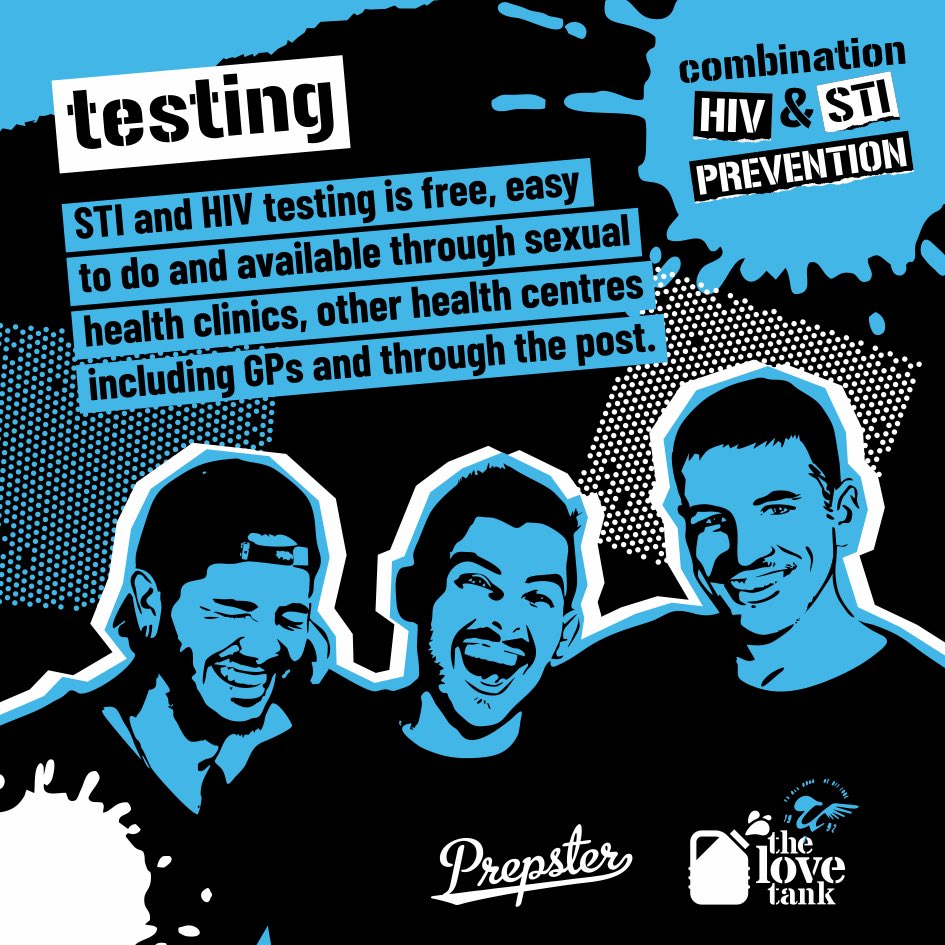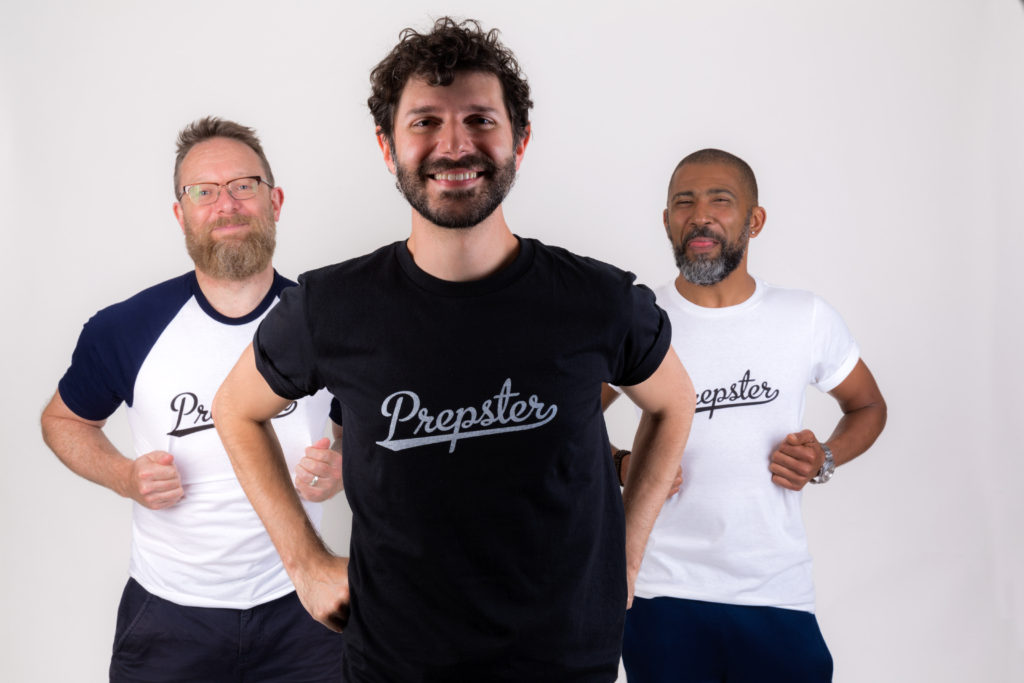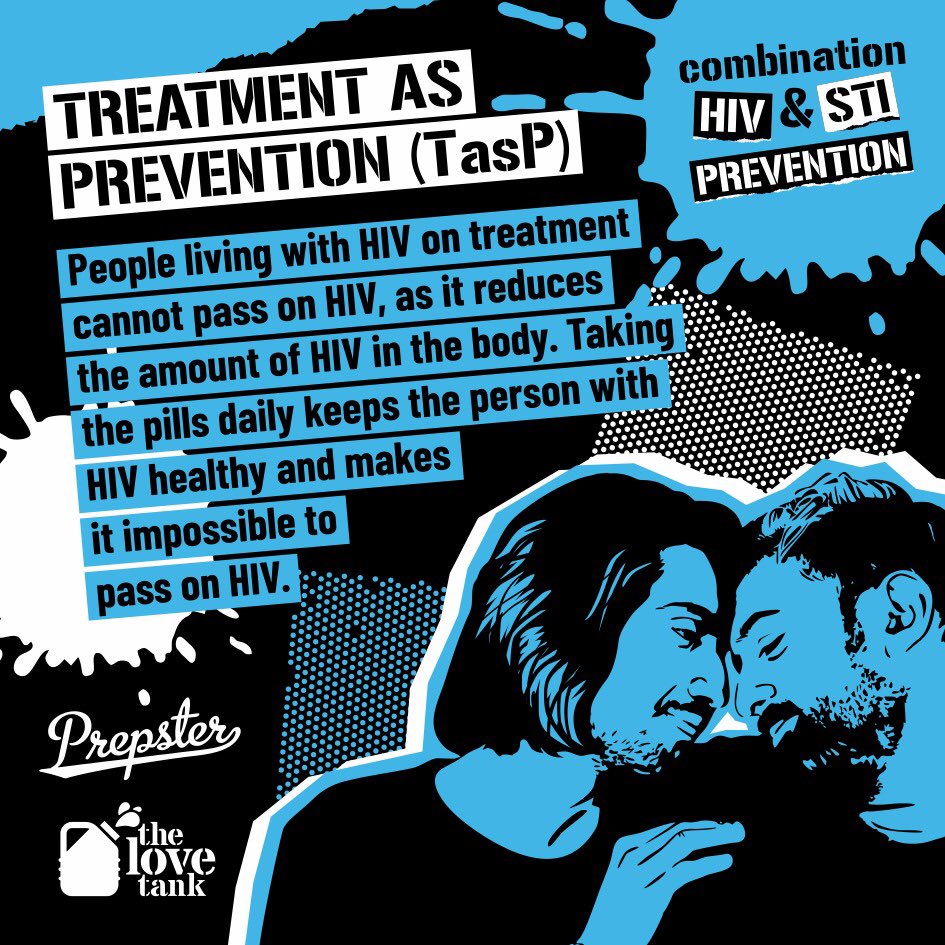Pedro Lino: My PrEP Story
Pedro Lino: My PrEP Story


“Where there is difficulty there is learning, and all the cum, sweat and tears took me to where I am today.”


04-02-21
In the context of the renewed conversation around HIV and PrEP that Channel 4’s It’s a Sin has prompted, I want to tell my PrEP story. As a Brazilian man living in the UK, it wasn’t easy to find my way into the wonderful world of sexual health. When I first arrived, I didn’t know what combination prevention meant. I didn’t know that I can get HIV and STI tests delivered to my home, what PEP and PrEP were, that undetectable equals untransmittable, or that I can get free condoms and lube from sexual health clinics or by post. This made my life way harder than it should be. However, where there is difficulty there is learning, and all the cum, sweat and tears took me to where I am today – an outreach worker for The Love Tank, the parent organisation of Prepster. I was lucky enough to learn about these things, but I know there are many folks out there who, like me, could really benefit from this information. So, what’s been my experiences of and the importance of combination prevention?
The first time I ever used Post-Exposure Prophylaxis (PEP) I was still living in Rio de Janeiro; I had a dinner date with a guy, and I was hoping to be the dessert. After our meal he said can I put the tip of my unprotected spoon in your cake? I said yes! Afterwards, I was very anxious. I researched what to do after having sex without condoms with someone you don’t know. PEP was the solution, a medicine that can be taken after you might have been exposed to HIV. In the UK, the treatment can be accessed at sexual health clinics and at A&E departments. You must start taking it within 72 hours, and the sooner you take it the better. You take it for 28 days and the chances to stay HIV negative are very high. If you have any side effects, contact your doctor – don’t interrupt the treatment or it might not work.
That wasn’t the last time someone had a piece of my cake with a raw spoon: after I moved here, I had sex without a condom again with a total stranger. After we fucked, I asked him about his HIV status. He said he was undetectable and that I shouldn’t worry. I had never heard the term before, so I did worry. I was confused so I started looking for more information and found out facts that I didn’t know. When someone is undetectable there is zero risk of passing on HIV to others sexually. The reason for this is an effective antiretroviral treatment (ART), you might have heard it as TasP (treatment as prevention) instead of U=U.
In these experiences I kept putting the responsibility of my sexual health onto others and not myself. I realised, if I am to take care of my own sexual health, I should make sure I am protected instead of hoping that others will do that for me. The good news is that PrEP is now free on the NHS and by taking it correctly I will never have to worry about my sex partner’s status. I’ll never have to ask them to disclose their status again, which I’ve always found invasive. PrEP stands for Pre-Exposure Prophylaxis and is a medicine you can take to prevent getting HIV. The treatment stops HIV from replicating in your body and can be taken either daily or (for some people but not everyone) using event-based dosing.
By this point you may be thinking that condoms are never involved in the sex I have, but that is wrong – they are and can be in yours too! Condoms are a good way to prevent against STI’s like syphilis, which has surged in the UK again. They can be accessed for free in any sexual health clinic, but if you don’t want to collect them you can also get them delivered for free.
Despite my fears, I would regularly test myself and I now order a home test kit online every three months. Despite which prevention tool you choose, testing should be constant in our lives (including testing for STIs, if you already have HIV). That’s how we can stop the transmission of STI’s and HIV. Everyone in the UK is entitled to free sexual health services, regardless of their immigration status. You should aim to get tested regularly for STIs every six months or every three months, depending on the type of sex you have and how many partners you have.
What started my combination prevention knowledge in this country was a message from a guy telling me he’d been diagnosed with gonorrhoea. He explained where I could find support and that it was free. I was surprised and afraid, but I realised just how easy it is to keep my sexual health checked in this country. I also felt supported by my community and, in the end, I was very thankful for the message he sent.
I find having sex even better when I know I’m in control of my sexual health and if you are an immigrant like me don’t be shy – you don’t need to give your real name at any sexual health clinic. If you’re lost, like I once was, reach out Prepster. We see you, and we are on your side!
Pedro Lino: My PrEP Story